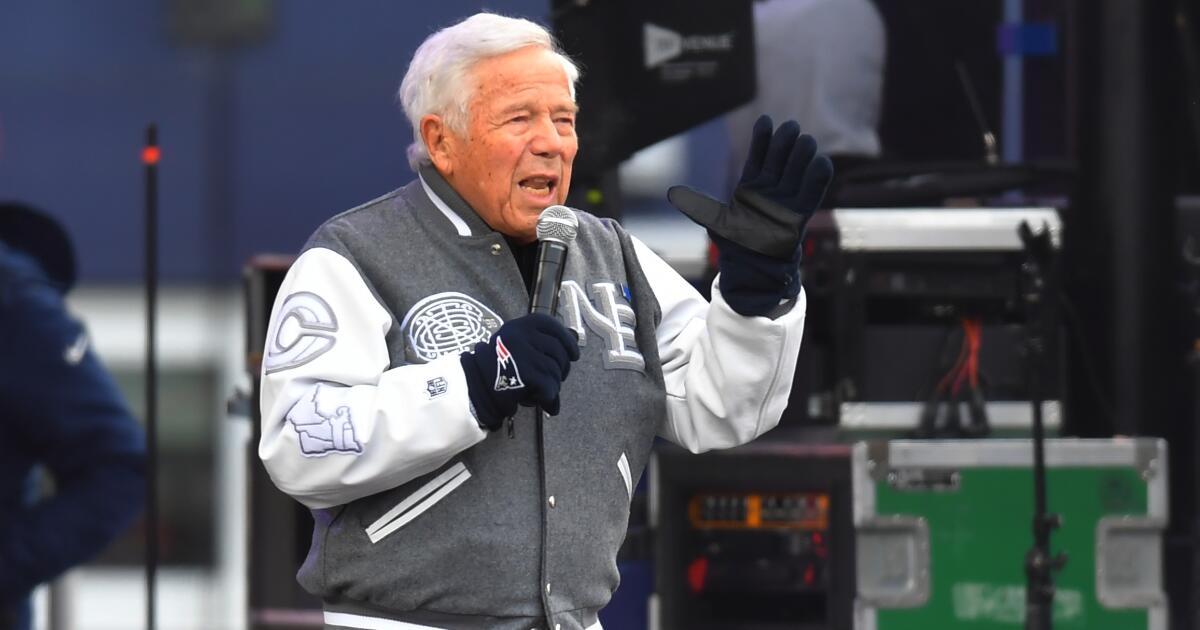Robert F. Kennedy Jr. shakes up Department Health and Human Services, ousts two leaders
Feb. 13 (UPI) — A restructuring of the Department of Health and Human Services will see two top people leave ahead of the midterm elections, unnamed officials familiar with the decision told media outlets Friday.
HHS Deputy Secretary Jim O’Neill and General Counsel Mike Stuart are expected to soon leave the agency, sources have reported to Axios, Politico and CNN.
“They are being offered jobs within the administration but will not be remaining in their current positions,” one source told Politico.
O’Neill is the second-in-command behind HHS Secretary Robert F. Kennedy Jr. and is the interim leader of the Centers for Disease Control and Prevention in Atlanta. He has boosted anti-vax messaging, allegations of Medicaid fraud and the United States leaving the World Health Organization.
On Thursday, Kennedy announced that Chris Klomp, deputy administrator of the Centers for Medicare and Medicaid Services, would become chief counselor in charge of overseeing all Health and Human Services Department operations. Before joining the administration, he was a health tech executive and venture capitalist.
Kennedy also promoted Kyle Diamantas, deputy commissioner for human foods, and Grace Graham, deputy commissioner for policy, legislation and international affairs, to senior counselors for the Food and Drug Administration. They will also keep their current positions. John Brooks will also be a senior counselor at Centers for Medicare and Medicaid Services while keeping his job as chief policy and regulatory officer.
The moves are intended to focus attention on Make America Healthy Again policies, like dietary guidelines changes, eliminating artificial food dyes and improving healthcare affordability.
“What basically happened was that HHS Secretary Kennedy, and also the White House, realized that we want to be most efficiently and most effectively implementing that policy and moving the needle on these issues that we see as very clear and unambiguous wins for us,” the White House official told Politico. “And obviously the polling and such is very clear on these topics as well.”


